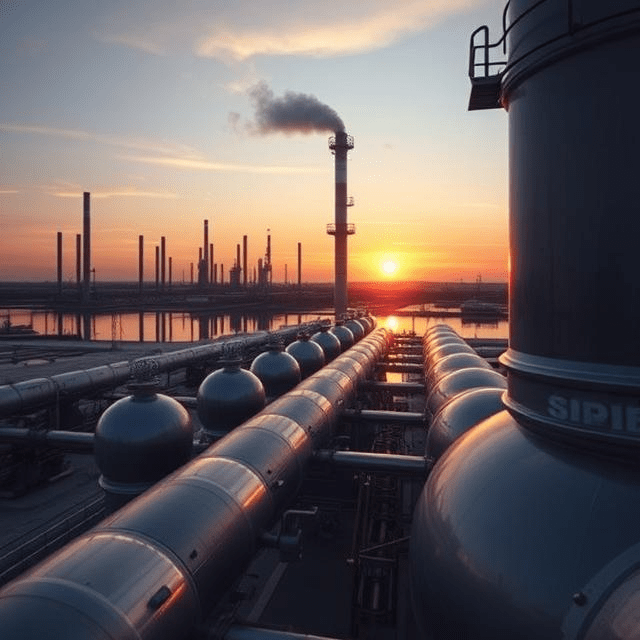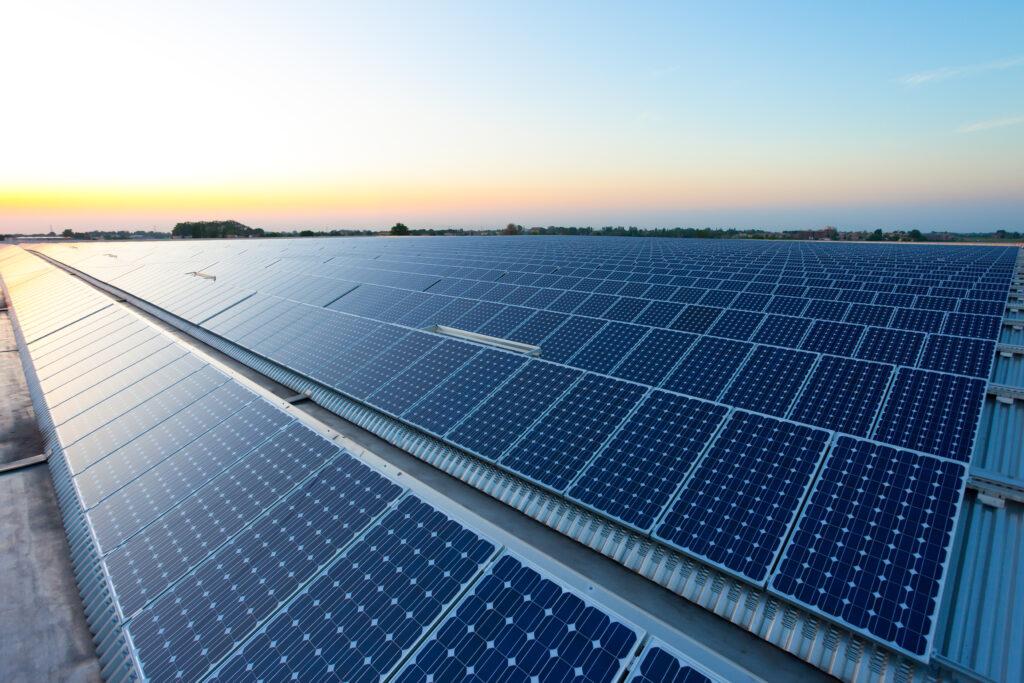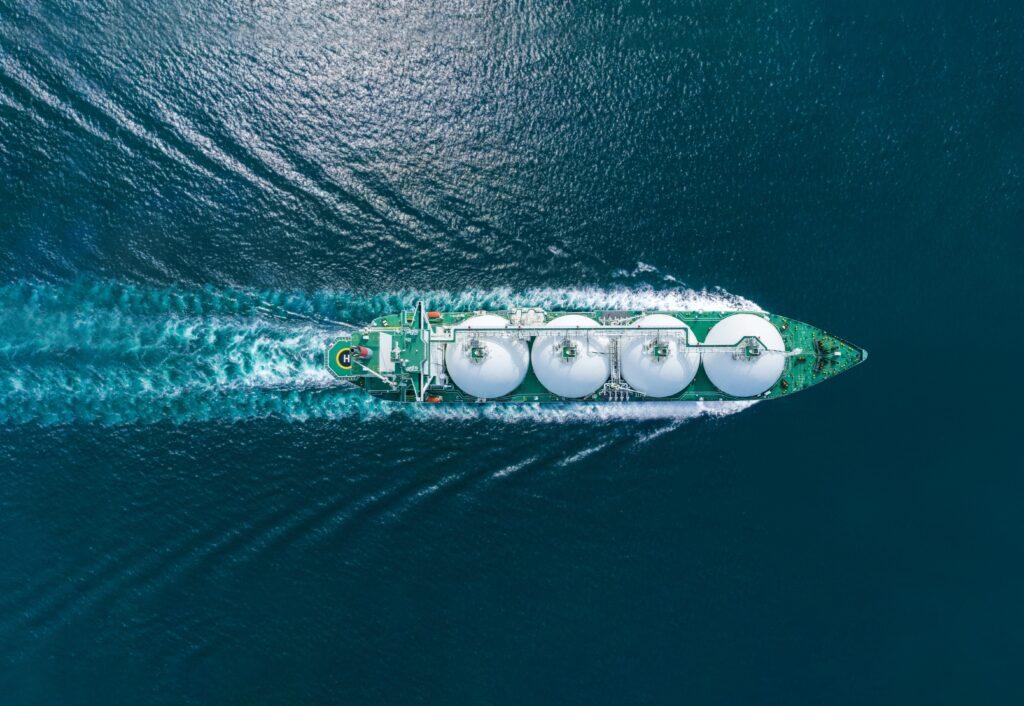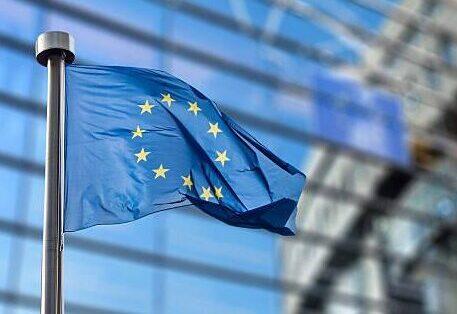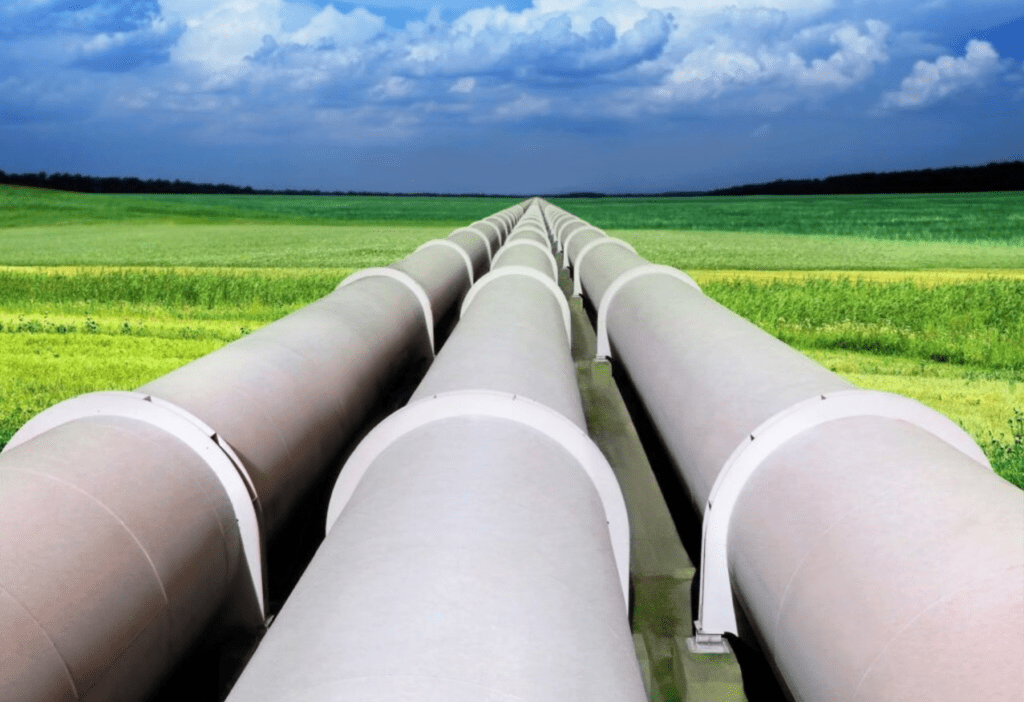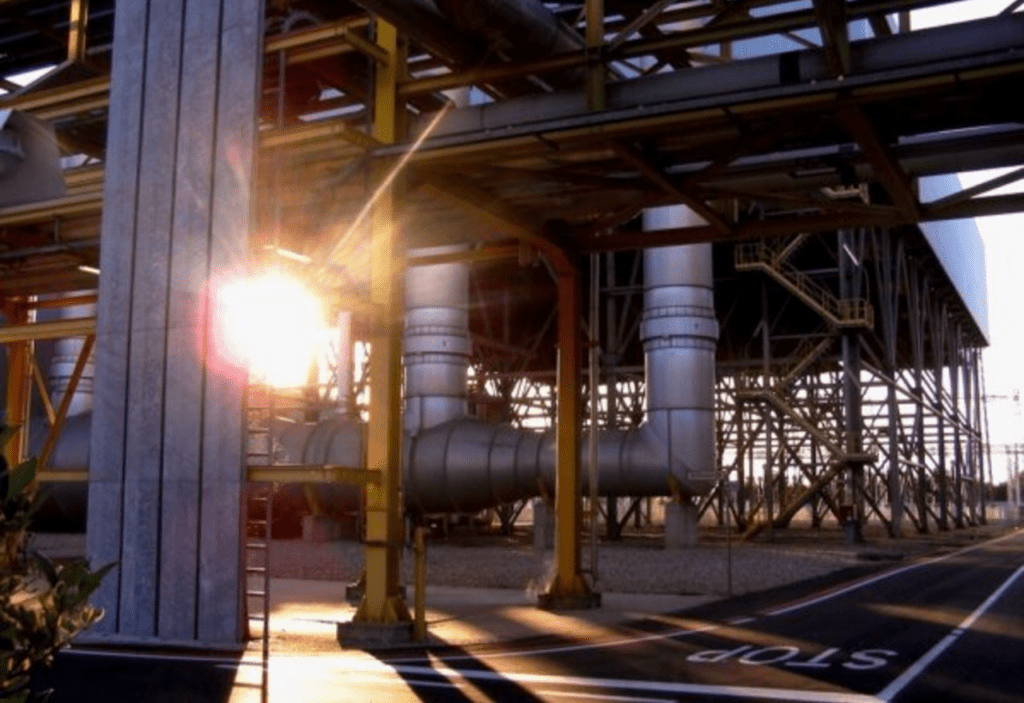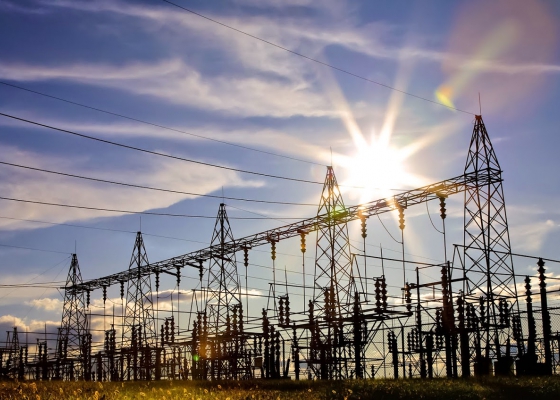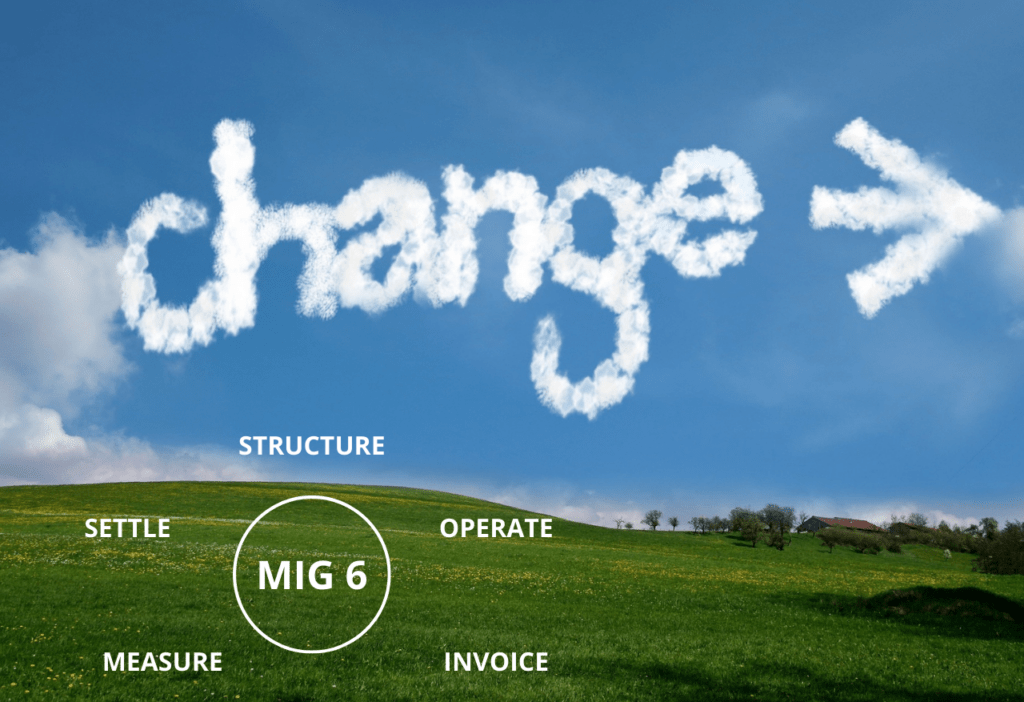Engineering an Energy plan for an industrial manufacturer
Founded as a family company in the late 19th century, this Belgian dairy manufacturer has proudly managed to maintain the use of raw materials from its own soil cultivated by people of its own region. A philosophy to which it often tributes the high quality of its products. Globalization and the phase-out of the European milk quota both cause the dairy industry in general to become increasingly competitive. On top of that, our client specifically produces a wide variety of milk products, resulting in a highly complex production environment. The annual milk throughput of about one billion liters pushes the primary energy consumption over 0.1 petajoule per year.
Business Case
Rising energy prices are severely impacting the competitiveness of energy-intensive industrial players. The Energy Agreements (EnergieBeleidsOvereenkomsten – EBO), a derivative from EU Energy Efficiency legislations, are a shot of the Flemish Government at turning this trend by directing large industrial consumers towards energy efficiency improvements. To this end, mandatory participants are required to engineer and afterwards monitor a primary energy reduction plan that has to be officially validated by the Flemish governmental instances. Our main objective is to define a feasible energy plan that contains actionable measures given our client’s complex manufacturing constraints.
.

Results
The subsequent measurement, capture, integration and analysis of data from across the industrial site resulted in a first-of-its-kind dashboard at our client. This centralized view provides visual insights in the relation between physical flows of raw business materials (i.e. water, milk and derivatives) and energy (both thermal and electrical). Zooming out, the share of consumption levels that can be contributed to manufacturing steps and related appliances can be tracked over time and location in the industrial site. Following a pareto-approach, the various energy consumers were matched to feasible measures, providing technical dimensions and profitability calculations. These belong to two categories. Firstly, useless energy consumption is reduced by increasing the usage of hibernation and stand-by functionality. Secondly, appliances are upgraded or replaced when a benchmarking study revealed more energy-efficient alternatives amongst the best present-day technologies. The resulting energy plan was filed to and validated by the Flemish Verification Board (‘Verificatiebureau’).
Deliverables
The main deliverables were:
- An energy plan, including a list of both economically and technically feasible measures.
- A skilled energy team with management buy-in.
First, we integrated all system components in a process flow chart to link them to the most relevant production processes. Central utilities like the boiler room, the water purification system and the air compression unit were also taken into account. Next, we designed and planned a measurement campaign for electrical components and heat appliances. Whenever thermal measurements deemed impossible, we set up a thermodynamic model to simulate the consumption profile. Finally, we extracted and processed all the relevant data from the scada systems to generate an energy dashboard which links the local energy flows to the industrial production processes and installations. It includes primary – gas and electricity – and secondary – water and steam – energy flows. Data analytics resulted in:
- A detailed model of all utilities (boiler, cooling, compressed air etc.) with an indication of overall system efficiency
- A multi-dimensional view of energy consumption and system utilization in time
- the identification of potential savings due to improper system use or out-aged technologies
Combining in-depth knowhow on energy market economics with electric and thermodynamic expertise, we were able to offer the end-to-end guidance this project required. We relied on our experience in energy data analytics, technical dimensioning, industrial processes, multi-dimensional business casing and project management. Throughout the project, the team spotted out-of-scope opportunities in the customer’s energy and operational data, which were used as the starting point for other projects. irex Consulting was able to timely deliver results on a project outside of the client’s focus areas of knowledge and experience. We went beyond the traditional collaboration by representing the client in its relation with third parties. These include commercial parties such as contractors, but also legal instances such as the ‘Flemish Verification Board’, which requires official certification.
irex Consulting > Energy > Engineering an Energy plan for an industrial manufacturer
